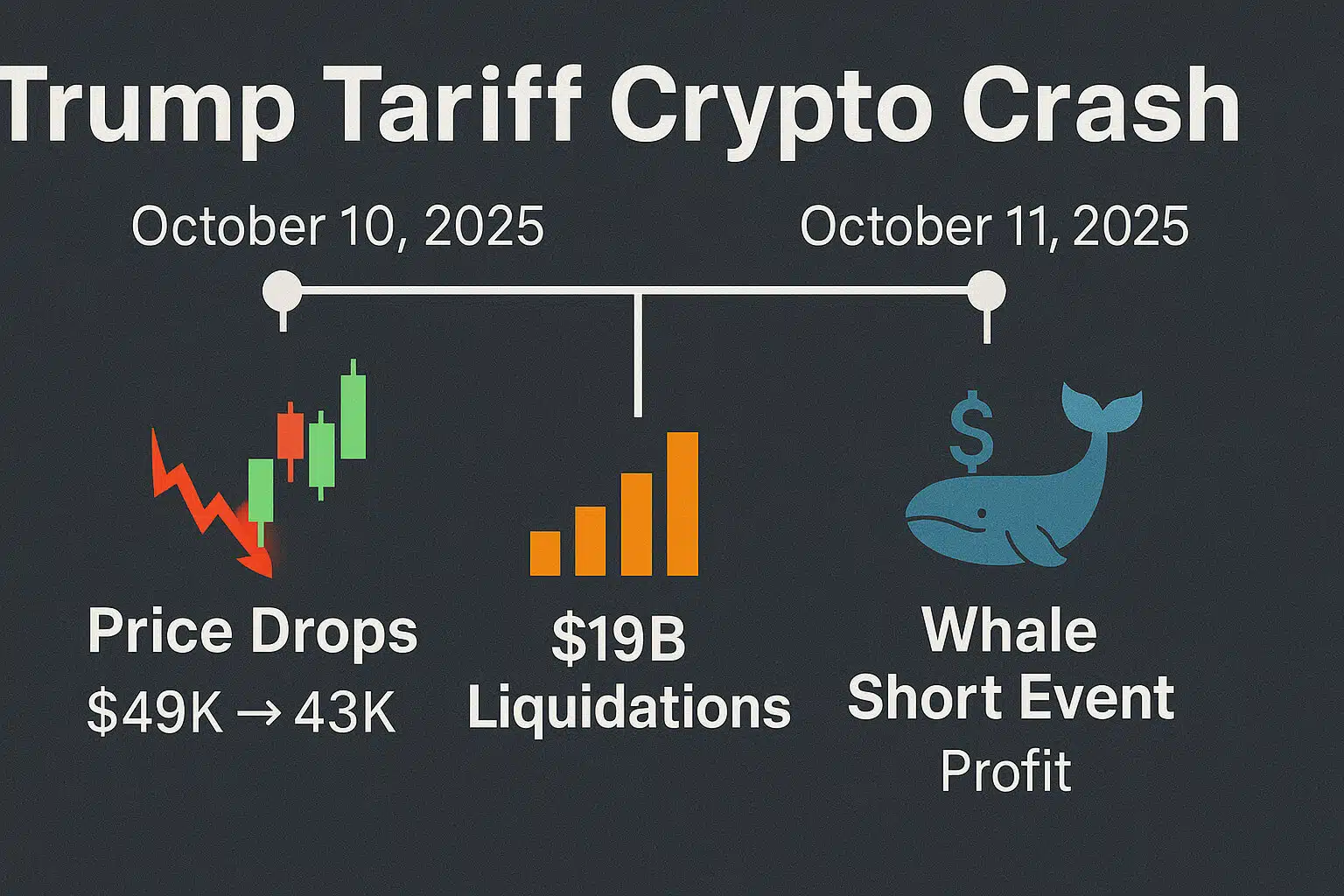Cryptocurrency regulation is an ever-evolving field, influencing the future of digital finance globally. As governments and financial authorities grapple with the rise of digital currencies, understanding these regulations becomes crucial for anyone involved in the crypto space. In this article, we’ll explore the current state of cryptocurrency regulation, its global impact, and what it means for the future of digital finance.
What is Cryptocurrency Regulation?
Cryptocurrency regulation refers to the laws and guidelines established by governments and financial institutions to manage the creation, distribution, and use of digital currencies. These regulations aim to prevent illegal activities such as money laundering and fraud while protecting investors and ensuring market stability.

The Global Regulatory Landscape
The regulatory environment for cryptocurrencies varies significantly across the globe. Some countries have embraced digital currencies with open arms, while others have imposed strict restrictions or outright bans.
- United States
- The U.S. has a complex regulatory framework for cryptocurrencies, involving multiple agencies such as the SEC, CFTC, and FinCEN. These regulations focus on preventing fraud, ensuring market integrity, and protecting investors.
- European Union
- The EU is working towards a comprehensive regulatory framework with initiatives like the Markets in Crypto-Assets (MiCA) regulation. This aims to create a harmonized approach across member states, fostering innovation while ensuring consumer protection.
- Asia
- Asia presents a mixed regulatory landscape. Countries like Japan have established clear regulations, promoting a robust crypto market. In contrast, China has taken a hard stance, banning all crypto transactions.
- Emerging Markets
- In emerging markets, regulations are still developing. Countries in Africa and South America are exploring how digital currencies can boost financial inclusion and economic growth.
The Impact of Regulation on the Crypto Market
Regulation can have both positive and negative effects on the cryptocurrency market:
- Positive Impacts:
- Investor Protection: Regulations ensure that investors have access to accurate information and protection against fraud.
- Market Stability: Clear rules can lead to a more stable market, attracting institutional investors and fostering growth.
- Innovation Encouragement: Well-designed regulations can promote innovation by providing a clear legal framework for businesses to operate.
- Negative Impacts:
- Restrictive Policies: Overly stringent regulations can stifle innovation and limit market growth.
- Compliance Costs: Businesses may face high costs to comply with complex regulatory requirements, which can be a barrier for startups.
The Future of Cryptocurrency Regulation
The future of cryptocurrency regulation is likely to be shaped by ongoing technological advancements and evolving market dynamics. Key areas to watch include:
- Decentralized Finance (DeFi): As DeFi platforms grow, regulators will need to address unique challenges related to decentralized governance and security.
- Central Bank Digital Currencies (CBDCs): The rise of CBDCs will influence how cryptocurrencies are regulated and integrated into the global financial system.
- Global Coordination: Increased collaboration between international regulatory bodies could lead to more standardized global regulations, reducing discrepancies between countries.
Cryptocurrency regulation is a critical aspect of the evolving digital financial landscape. By understanding these regulations, you can navigate the crypto market more effectively and make informed decisions. Keep abreast of the latest developments and join the conversation to shape the future of digital finance. Staying updated on cryptocurrency regulation is essential for anyone involved in the digital finance space. Follow trusted sources, join industry forums, and participate in discussions to stay ahead of regulatory changes.
Internal Links:
Stay Updated
For the latest airdrops and crypto news, follow us on:
















